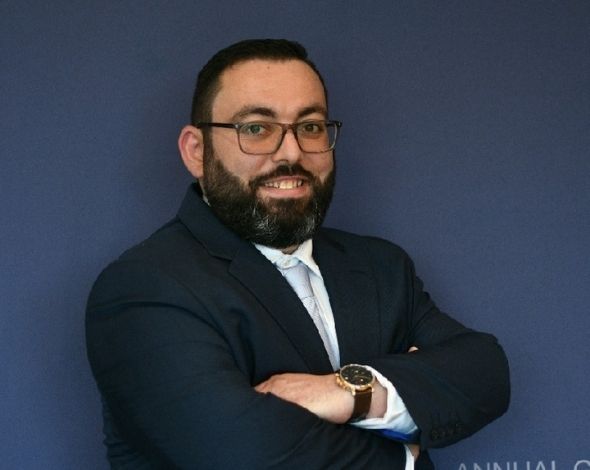Trust is the glue that holds cross-functional teams together, especially when navigating the complex web of differing priorities, expertise, and internal power dynamics. In today’s fast-paced and interconnected business environment, the ability to work across departments is not just beneficial, it’s vital for innovation and long-term success.
But collaboration across functions often means working with people who think, act, and communicate differently. So how can leaders and team members alike build trust in such diverse settings? The answer lies in a combination of clarity, empathy, empowerment, and consistency.
Trust begins with respect, and respect starts with understanding. Taking the time to learn what each function contributes – from marketing and product to finance and operations – is fundamental. You don’t need to become an expert in every area, but recognising the unique value each role brings creates mutual appreciation.
Invite colleagues to share their expertise and perspectives. Active listening fosters a collaborative atmosphere where everyone feels heard and respected. This approach doesn’t just promote trust; it also leads to better decision-making by surfacing a broader range of insights.
Set expectations early and revisit often
A common source of friction in cross-functional teams is misaligned expectations. When there’s ambiguity around roles, responsibilities, or decision-making processes, frustration and power struggles can quickly take root.
Setting clear expectations from the outset – including deliverables, timelines, communication norms, and what success looks like – is critical. Don’t stop there. As the project evolves, revisit those expectations to ensure continued alignment. Transparency about limitations or changes also builds credibility and trust. When people know what to expect and can rely on your word, trust naturally follows.
Lead with empathy and active listening
Empathy is often overlooked in corporate environments, yet it’s a cornerstone of trust. By acknowledging the pressures and perspectives of others – even when you disagree – you create a safe space for openness and honesty.
In practice, this means showing up to conversations with curiosity rather than judgement. Ask questions like, “How can I support you?” and give space for concerns to be voiced. Whether during a tense discussion or a routine update, empathy helps de-escalate conflict and fosters psychological safety – both key to effective collaboration.
Encourage ownership and autonomy
When people feel trusted, they act more responsibly. Empowering team members to take ownership of their work signals confidence in their abilities and builds a culture of accountability.
Avoid micromanaging. Instead, provide guidance and support while giving individuals room to lead within their remit. Involve them in decision-making where possible, and recognise their contributions publicly. This not only drives performance but also deepens their emotional investment in the outcome – a vital ingredient in building lasting trust.
Facilitate inclusive collaboration
Effective collaboration doesn’t just happen – it must be designed. Leaders must be intentional about creating an inclusive space where every voice is heard, not just the loudest. That means structuring meetings to prevent dominance by a few, encouraging quieter team members to contribute, and using digital tools to maintain transparency and participation across teams.
By maintaining open communication channels and celebrating joint wins, you create a culture of shared success rather than isolated silos. This, in turn, mitigates power imbalances and fosters a collective mindset.
Address conflicts proactively and fairly
Power dynamics can sometimes lead to tension or misunderstanding. When conflicts arise – and they will – address them head-on but with composure. Take the time to understand all perspectives before guiding the conversation towards a fair resolution.
Rather than seeing conflict as a threat, frame it as an opportunity to strengthen collaboration. Follow up to ensure solutions stick and show consistency in how you handle such issues. A fair and respectful approach to conflict resolution reinforces trust and sets a positive precedent for future interactions.
Cross-functional collaboration may present unique challenges, but it also offers unmatched opportunities for innovation, agility, and growth. By leading with empathy, clarity, and intention, CEOs and business leaders in Malta can transform potential friction into powerful collaboration – and trust is the key that unlocks it all.
Mark Mifsud appointed Director at Vega Marine
Vega Marine describes itself as the global leader of cruise ship laundry.
Kerstin Ancilleri joins ECONOMIQ Group as Managing Partner
She is 'passionate about people and the great things they can achieve with the right leadership and support.'
Using AI for your company? You may not own what it creates
Maltese businesses increasingly relying on AI tools for branding, but do they own it?
Simon Montanaro appointed chairman of Harvest Technology
Simon Montanaro was Melita's Chief Technology Officer between 2009 and 2023.









